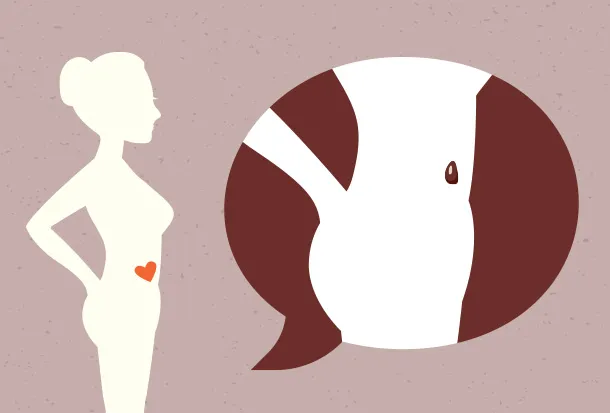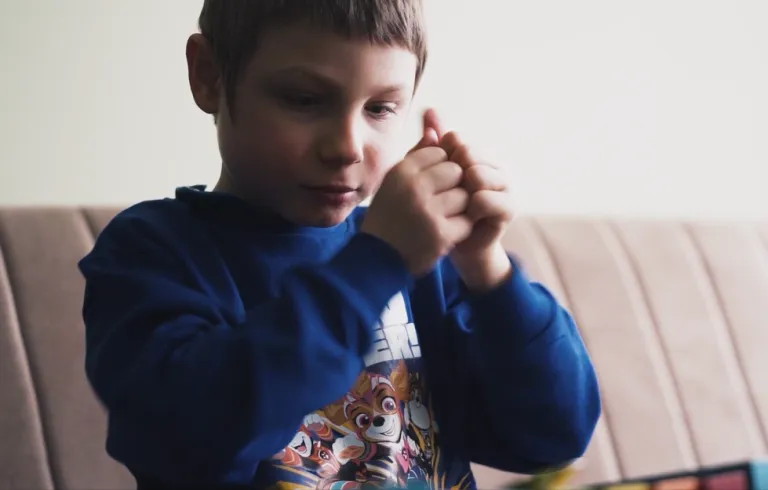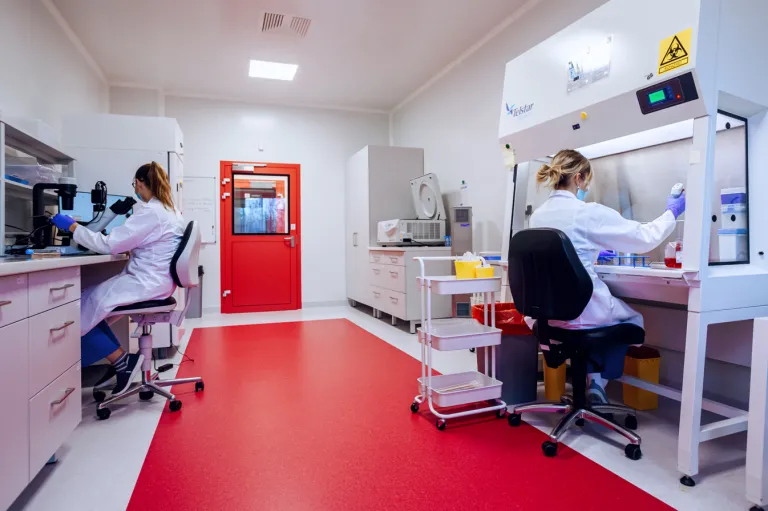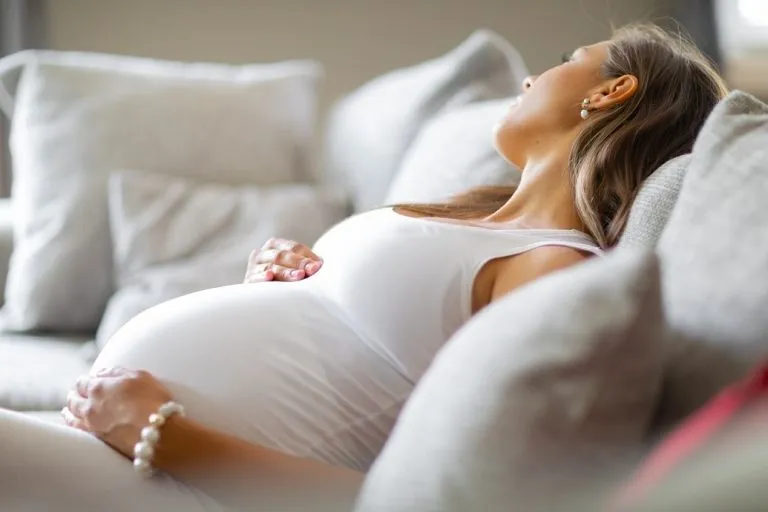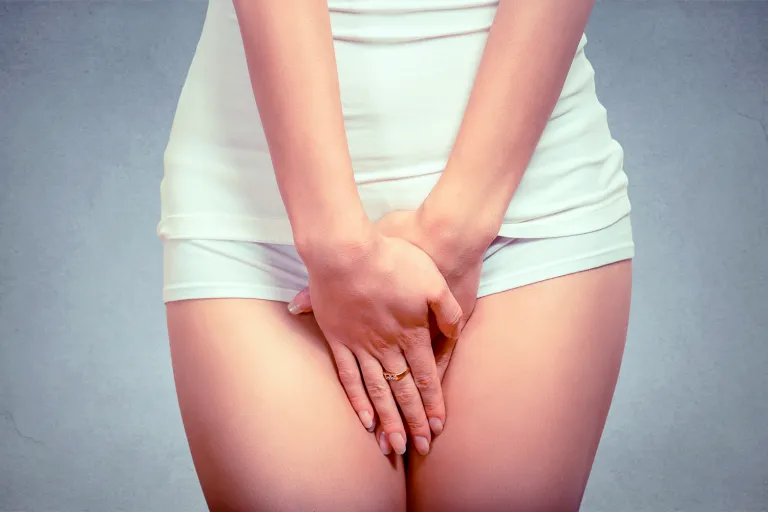The second week of pregnancy is one of its most crucial moments. It is now that ovulation takes place - the egg cell is ready to fuse with the sperm. If all goes well, in just a few days the embryo will implant in the uterus, and you will observe the first symptoms of pregnancy in yourself. In week 2, pay special attention to your health.
According to Naegele’s rule, the beginning of pregnancy is not considered the moment of conception, but the first day of the last menstrual period. Therefore, the 2nd week of pregnancy is actually the time when your body is just preparing for the fusion of the egg and the sperm. If you have regular menstrual cycles lasting approx. 28 days, it is most likely that your fertile days fall right now.
Pregnancy at 2 weeks
In the 2nd week of pregnancy, ovulation, or the release of an egg cell, takes place. This is the time when there is the greatest chance of conception. If you are trying for a baby, right now is the best time to cohabitate with your partner. Remember, however, that fertile days begin earlier than the day of ovulation. This is because sperm is able to survive in a woman’s body for up to several tens of hours and still retain the ability to fuse with the egg cell.
Remember that ovulation occurs 14 days before the first day of your next period. If you want to know when you have the best chance of conception, monitor your cycle even before you start planning a pregnancy. This will reduce the chance of failure.
Symptoms at 2 weeks of pregnancy
Symptoms at 2 weeks of pregnancy are not yet present. They appear only after the egg and sperm fuse, because this is when there is a sudden increase in hormones. You will notice the first discomfort only after a while – on the day of your expected period. There will certainly be a lack of bleeding, and perhaps other symptoms (such as mood swings, breast tenderness, nausea, lack of energy). The appearance of the above symptoms should prompt you to take a pregnancy test.
You may notice some symptoms at 2 weeks of pregnancy if you regularly monitor your menstrual cycle by measuring your temperature and observing your mucus. On the day of ovulation, body temperature rises up to 37℃. Vaginal discharge is slippery, thin and transparent. It is said to resemble chicken egg white. You may feel that there is clearly more of it than on other days.
What happens in the mother’s body at 2 weeks of pregnancy?
Although there is no embryo yet at 2 weeks of pregnancy, and you do not observe any symptoms in yourself, it does not mean that nothing is happening in your body. It is preparing for fertilization. And it does so in several ways.
First of all, in the 2nd week of pregnancy, the Graaf’s follicle matures. Thanks to the increase in luteinizing hormone, the luteinizing hormone ruptures, thus releasing the egg cell. It is then captured by the fallopian tube and gradually moves toward the uterus. It may happen that you start to have abdominal pain at 2 weeks of pregnancy. This is the so-called. Ovulation pain, associated with the rupture of the Graaf follicle (its absence does not indicate that ovulation has not occurred).
The remnants of the Graaf follicle develop into the corpus luteum, which produces progesterone. Under its influence, the endometrium expands to accept a fertilized egg cell. Therefore, when you become pregnant, menstrual bleeding will not occur.
How to take care of yourself during the 2nd week of pregnancy?
The 2nd week of pregnancy is the time when you should take care of yourself. Remember to eat a healthy diet (your diet should provide you with the right amount of calories and all vitamins and minerals), give up stimulants, and get daily physical activity tailored to your body’s capabilities. If you have not done so before, start folic acid supplementation. This is part of the prevention of neural tube defects in the child.
Rate this article:



